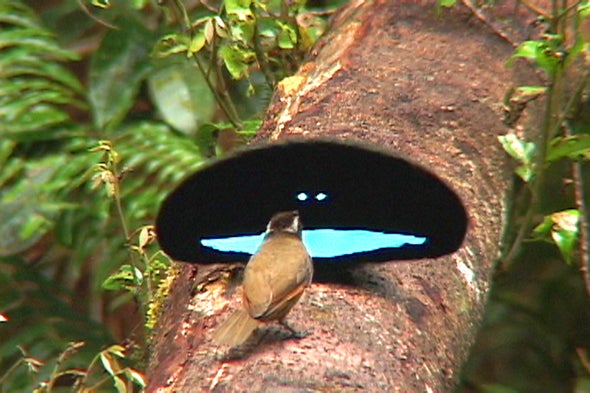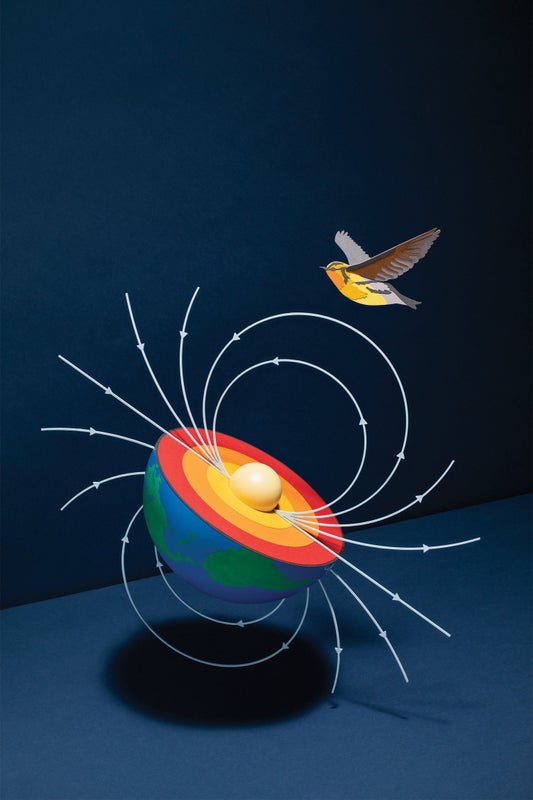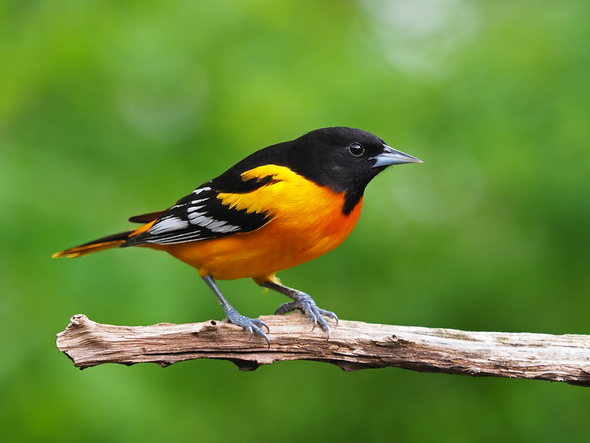 | |||
| Bird Migration and Song Webinar | |||
| Scientific American presents a conversation about the surprising new science of how birds navigate long-haul migrations and what they listen for in songs. Physical chemist Peter Hore of the University of Oxford will discuss how birds use quantum effects to chart their course, and cognitive neuroscientist Adam Fishbein of the University of California, San Diego, will explain what birds pay attention to in birdsong (it’s not what you think). This event will be held on Tuesday, May 24, 11:00 AM - 12:30 PM | |||
 | |||
| |||
| |||
| |||
| |||
| |||
|
| Looking for more science coverage in your inbox? Sign up for our editorial newsletters! |
| Download the Scientific American App |
|





.gif)


